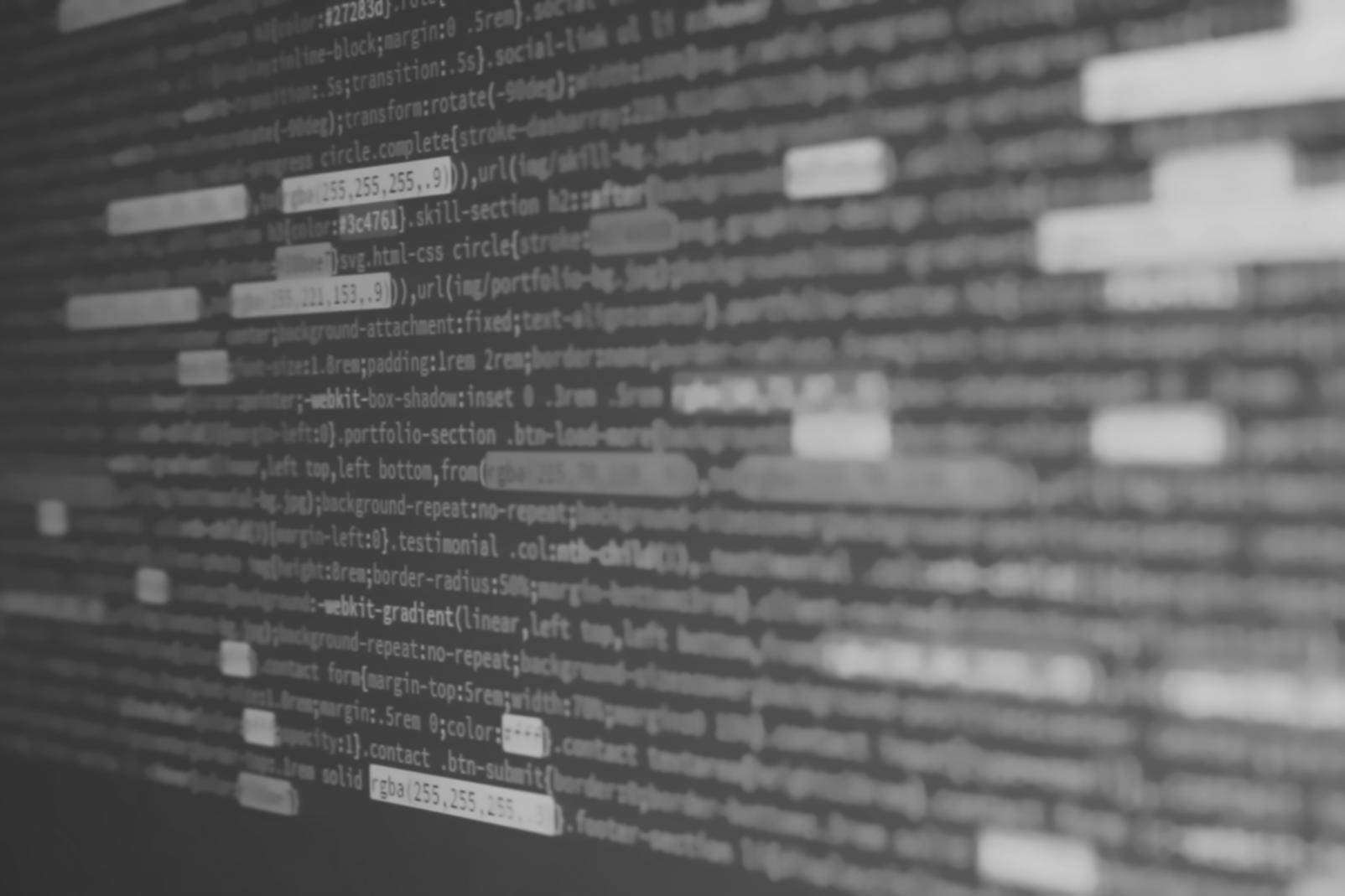Build Your First VR Game Without Prior Experience
Starting from scratch can feel overwhelming. We've created a structured path that takes you from curiosity about virtual reality to actually publishing your own interactive VR experience. No shortcuts, no empty promises—just clear steps forward.

Three Phases That Make Sense
Most beginners get lost because they try learning everything at once. We break down VR development into manageable phases—each one builds on what you learned before.
Fundamentals & Spatial Thinking
You'll work with Unity basics and understand how 3D space actually works. This phase focuses on getting comfortable with the tools before adding VR complexity.
8 weeksVR Mechanics & Interaction
Here's where things get interesting. You'll create hand tracking, object manipulation, and movement systems. These are the building blocks every VR game needs.
10 weeksYour Complete Project
You'll design and build a full VR experience from concept to testing. This isn't just practice—it becomes part of your portfolio when you're ready to show your work.
12 weeks
What Actually Happens When You Learn With Us
We've been running VR development programs since 2022. Over time, we've seen what works and what doesn't when teaching people who start with zero experience.
Students completed full program
Average program duration
Student satisfaction rating
Hours weekly commitment
Projects That Teach Real Skills
Each project in our curriculum solves a specific challenge you'll face when building VR games. These aren't abstract exercises—they're practical problems with solutions you'll use again.

Escape Room Challenge
Build a room-scale VR puzzle where players physically move around and interact with objects. You'll learn spatial audio, physics-based interactions, and how to prevent motion sickness.

Performance Optimization Lab
Take an existing VR scene that runs poorly and make it smooth. This teaches you frame rate management, asset optimization, and testing across different VR headsets.
What Recent Students Are Saying
These are from people who finished the program between September 2024 and February 2025. Honest feedback helps us improve what we teach.
"I appreciated that the instructors didn't oversimplify things. When something was complex, they explained why it mattered instead of just giving us copy-paste code. That made a real difference in my understanding."
"The project feedback sessions were tough but fair. I had to rebuild parts of my final project twice, but it taught me more than getting it right the first time would have."

